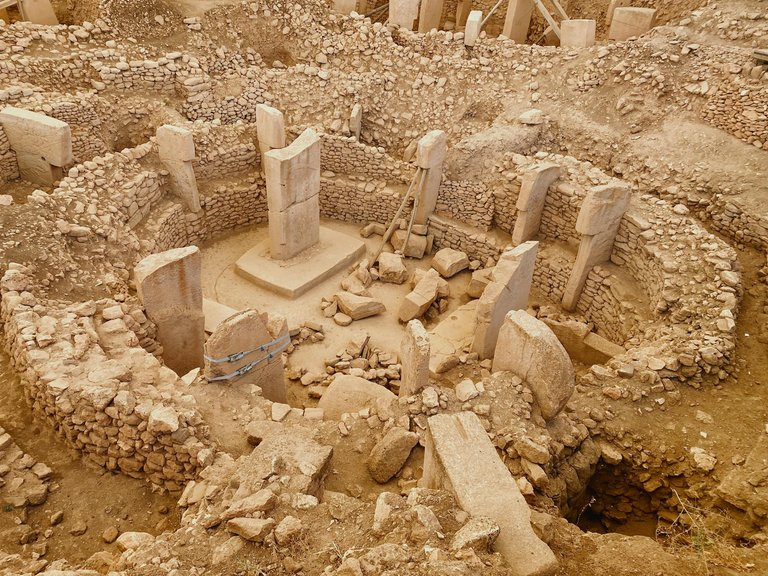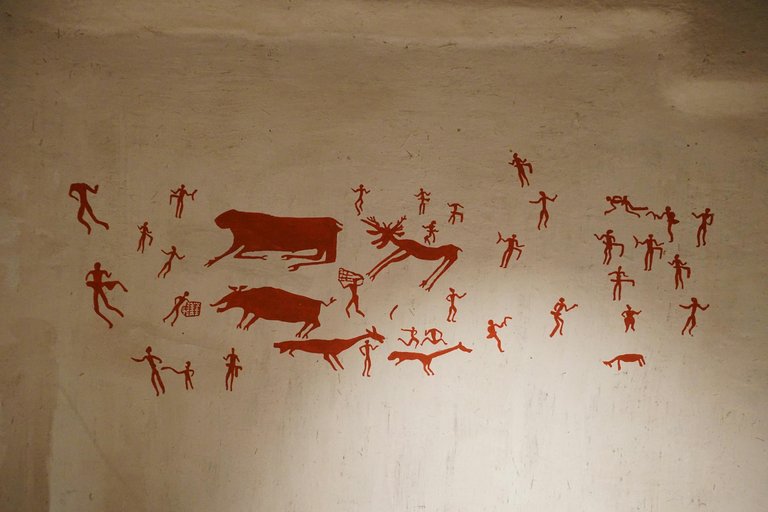When I saw today's topic on #inleo, my memory took me fast to my earliest posts on #hive as a newbie, which was a poem I wrote with the title IF I WAS BORN CENTURIES AGO. I wanted to have a peak at what life was like during the early days of civilization, or at least as described from the books we read.

Man evolved through exposures and experiments. Man tasted some food and herbs and found them to be enriching his health, while those that harmed him he quickly discarded. Perhaps he had no intuition to navigate his experiments about life using animals ethically, but he was able to evolve from the stone age to the very being of civilization.
One of the lessons I learned about man in the early Stone Age was making a fire by smashing two stones together with dried leaves in between. I really can't imagine the surprise and fear that would run through the first revelation of fire through such action. Yet again, through a series of navigations and experiments, we arrived at a bulb to light our homes.
And what about the crude medical practices where mothers were sacrificed without anesthesia to save a baby or the success of the first blood transfusion? Perhaps many unethical practices, but they were frontiers for the modernization and civilization we enjoy today.
And we can still look at the cruelty man had for another just as experienced with the lower animals, especially as regards territories and dominance. How were rights to life and fairness exhibited at an early age? Was there a value placed on human life?

How did man transport himself? Mules? Donkeys? Elephants? Horses? Long walks? But gradually, at least here in Nigeria, the bicycles came, then the motorcycles, and then the cars, and now the airplanes.
But now, I look more at my fragile self, the frequent sicknesses and troubles, and wonder if I could have survived back then if I was just as I am. Would I have to walk several miles when displaced or in search of a new settlement? Would I have to hide in caves from wild animals? Would I be permitted to wander off with the partner I loved? Would I really survive if I lived at an early age? This is where I admire humanity's evolution, wading off storms in pursuit of a better living condition and perhaps the foundation of science and technology. Beyond asking what went wrong, here's an appreciation for exploration and experiments from centuries ago, crude as they may be, but a fair foundation in a positive direction.
Is modernization improving on the stone age? I would fairly agree with that. Man is beginning to look back at early practices of medicines, transportation, etc., though not necessarily adopting them, but having a revisit to reinvent modernization, correcting earlier wrong steps that have endangered the human species, like factors of global warming.
You are welcome to participate in the #inleo monthly and daily prompt HERE
Thank you for reading. I would love to have your comments and contributions.
Posted Using InLeo Alpha